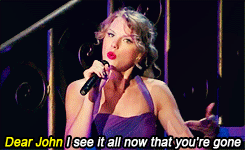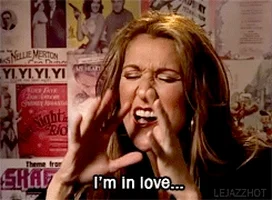The idea of sexuality experiences an immense amount of change in the Victorian Era and Christina Rossetti does a great job exploring many of the opinions during this time in her poem, “A Triad”. Upon my first reading of this piece, I noticed that there are three types of women: one unmarried whore, one young, love struck married girl, and one married woman who is sad and lonely in her relationship. I think these three women are great portrayals of the many different types of women and relationships of this century and although the poem is short, Rossetti does a great job in depicting the criticism each woman faced.
The first woman is described as “one with lips / Crimson, with cheeks and bosom in a glow” (Rossetti 1). The Crimson lips brings us back to color red as a symbol of impurity alluding to the one type of woman during this time period who others judge as a whore because she is not tied down to a man. The second woman “Bloomed like a tinted hyacinth at a show” (Rossetti 5). This woman is the type of woman whom all Victorian women were supposed to aspire to be. She is young and in love with a man who basically uses her as a showpiece. The third woman is “blue with famine after love” (Rossetti 6) who perhaps started her relationship as the young love struck woman but overtime found herself lonely and heartbroken. These three women depict the complexities of marriage which is new to this time period.
I think the main message that a reader can take away from this poem is that no matter what path a woman chose; their life always ended in a sort of misery. Rossetti unites these three woman in that they are all battling to find happiness yet as each woman chooses their path, there will always be criticism from others. They may stay forever on “the threshold” (Rossetti 14) of life and never be able to cross it to find true happiness but I think these three women helped all women in years to come to challenge the norm and cross the threshold to find the independence they were searching for.


 what they believe.
what they believe.
